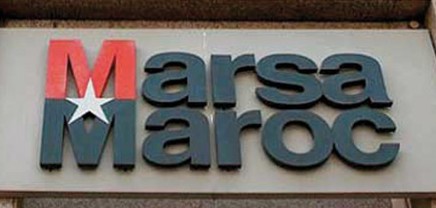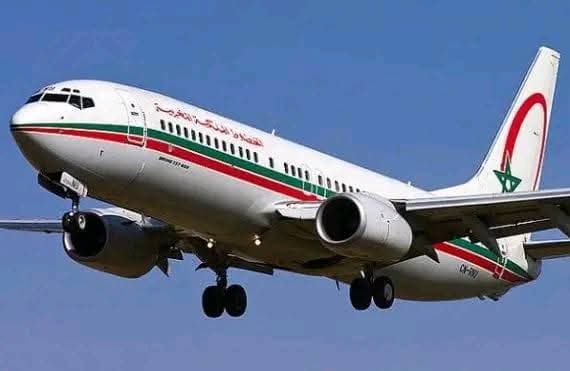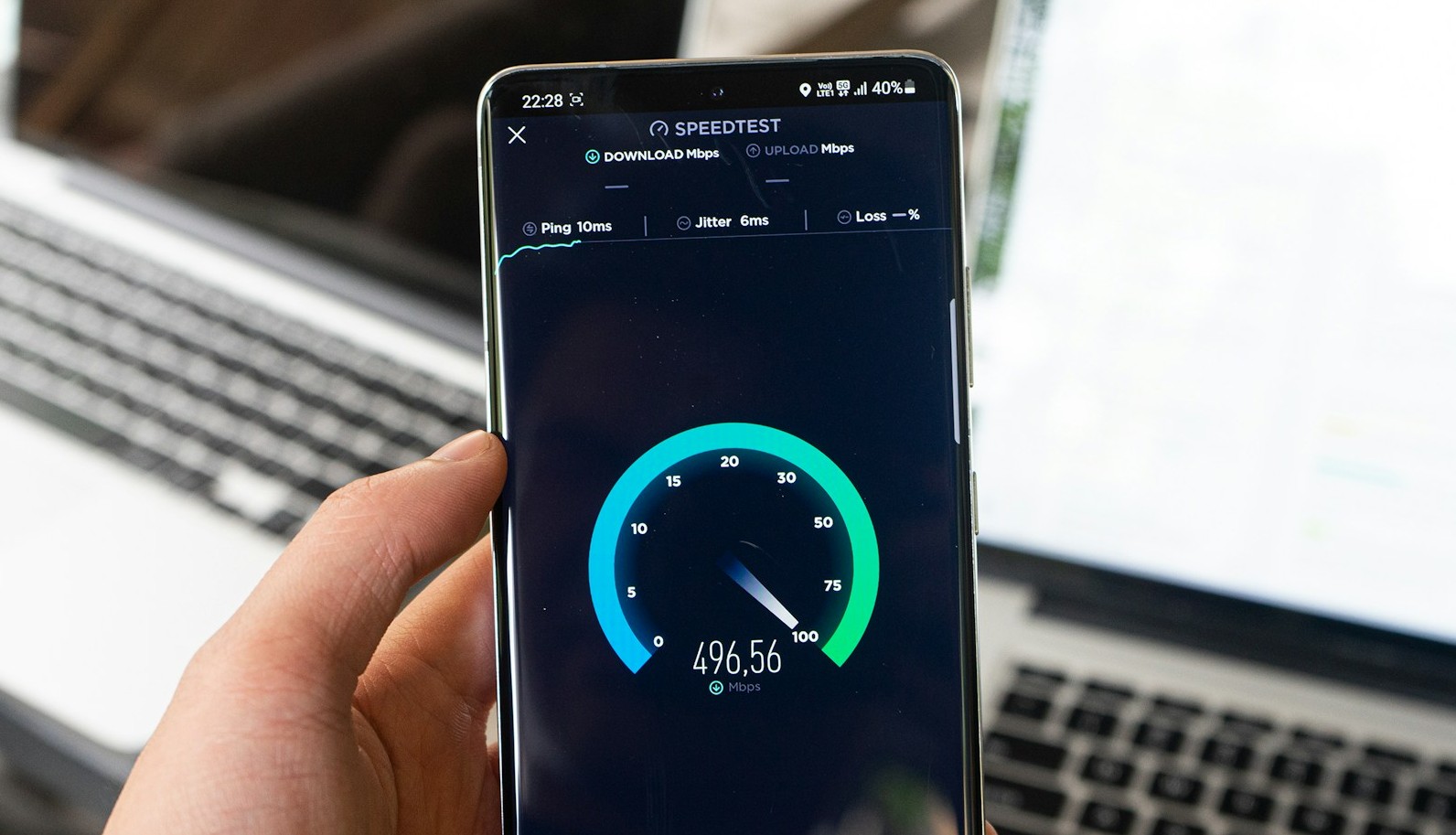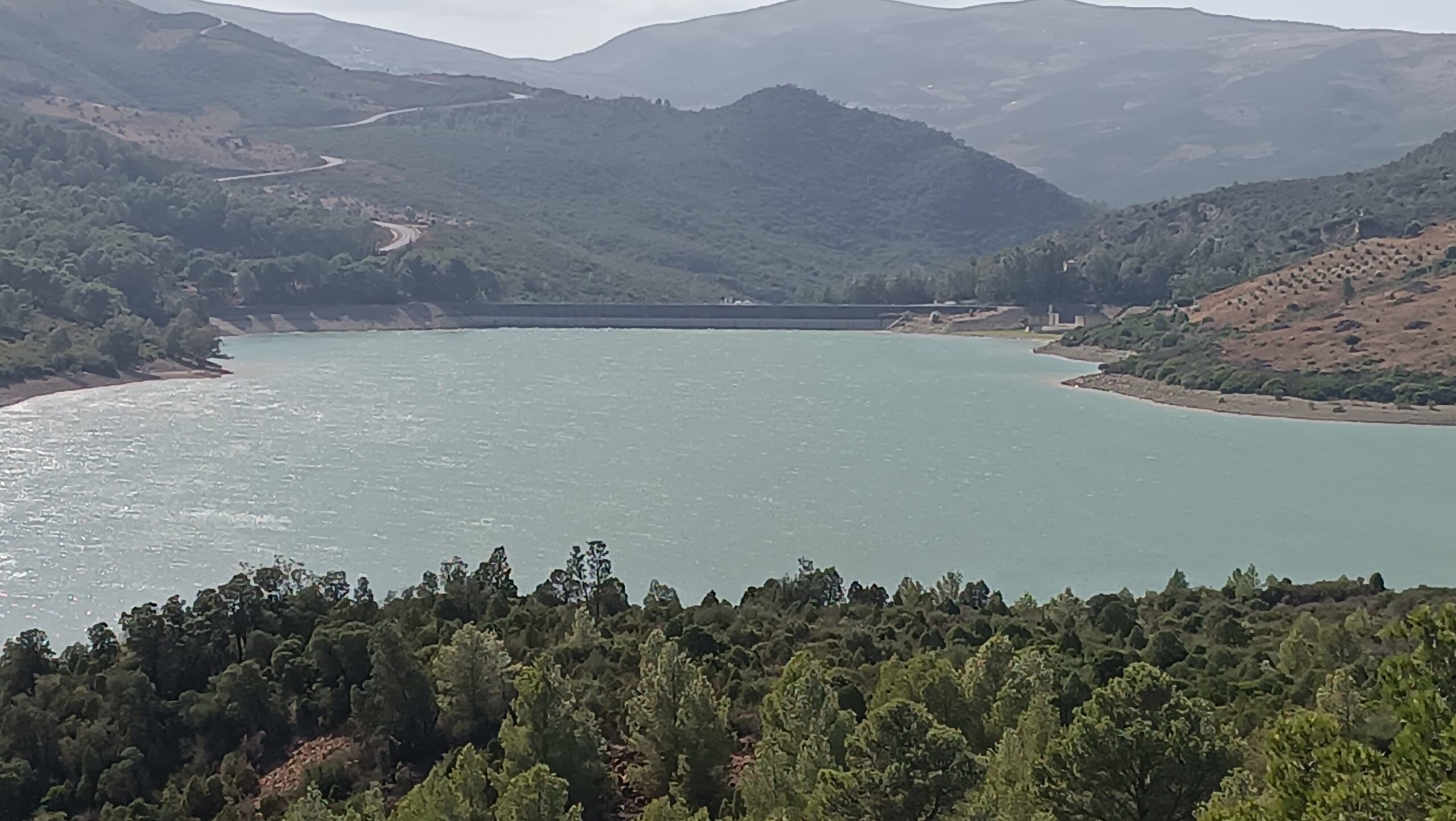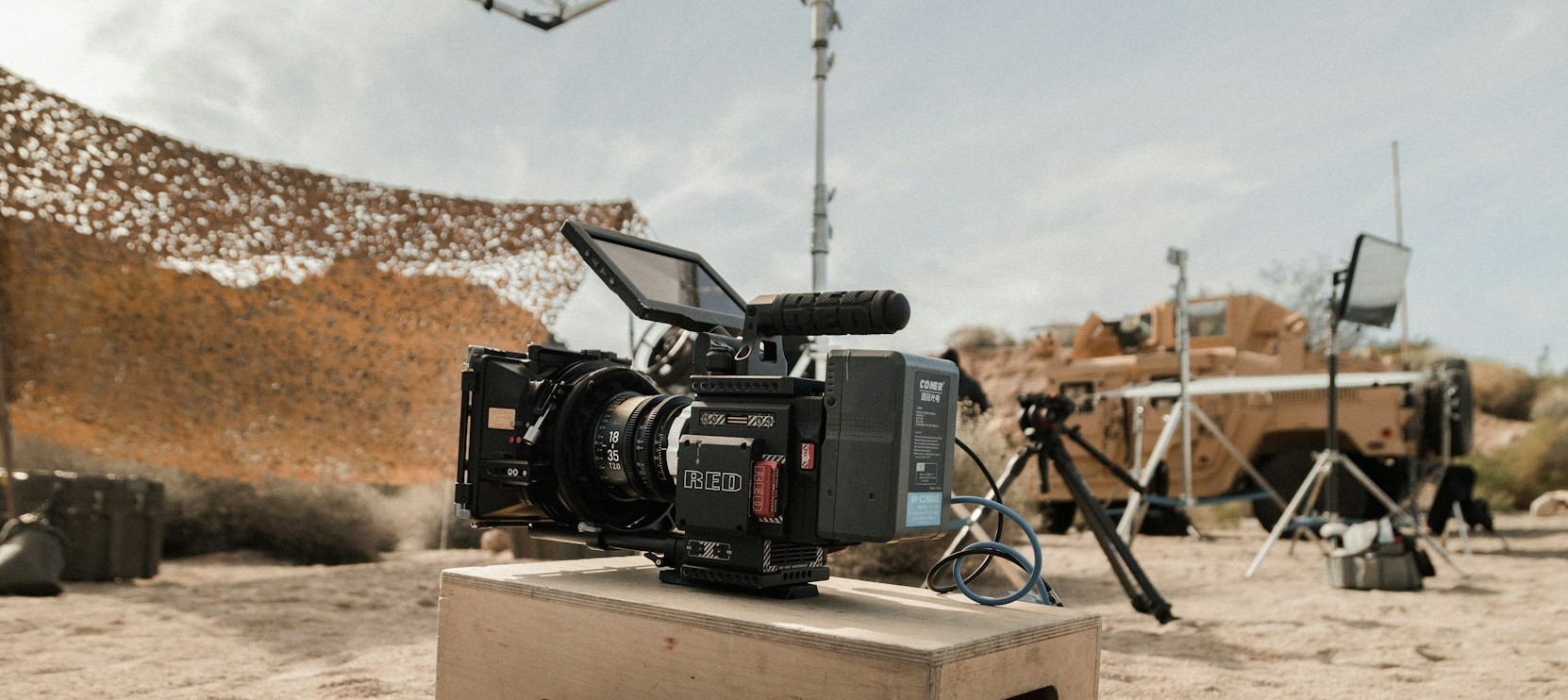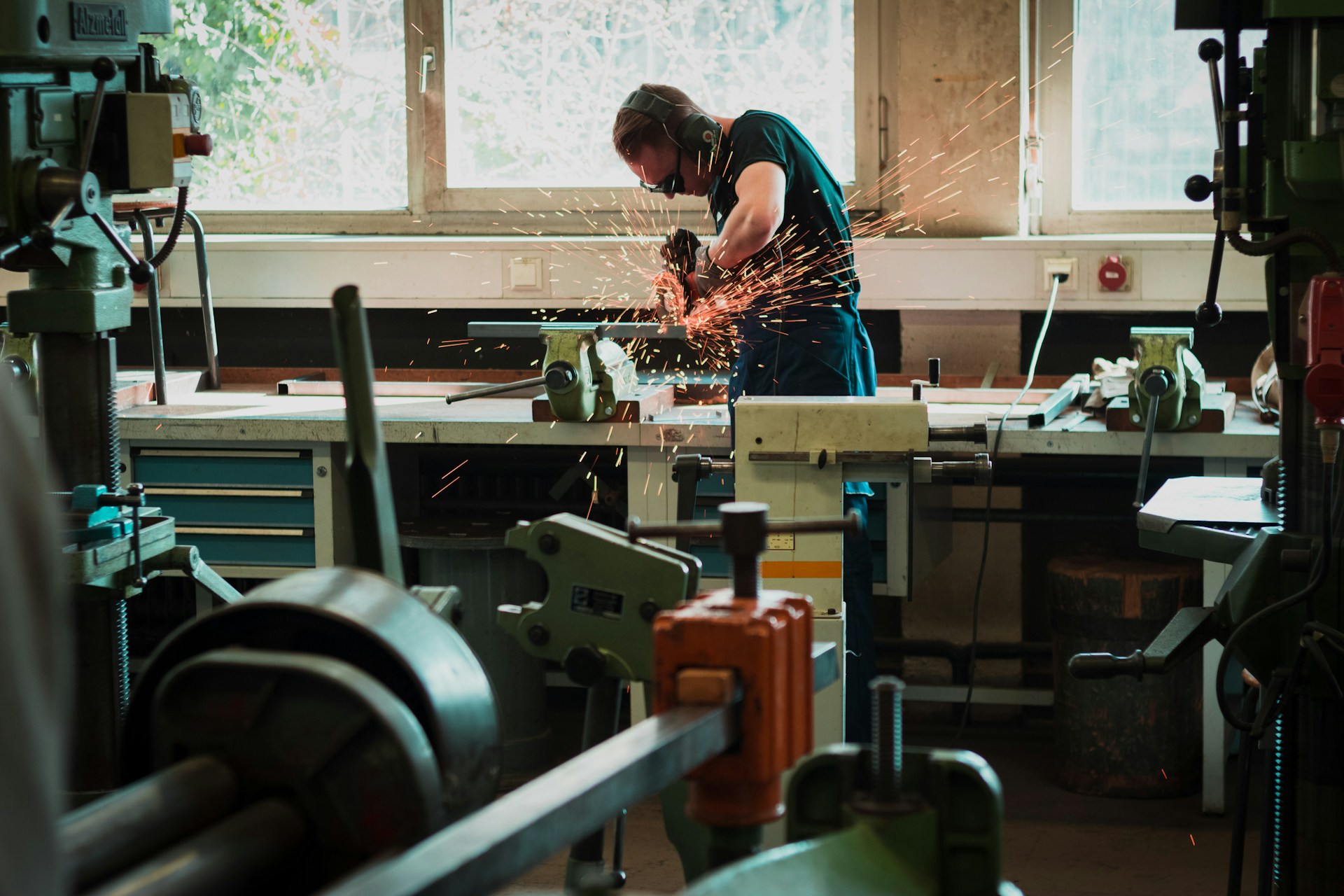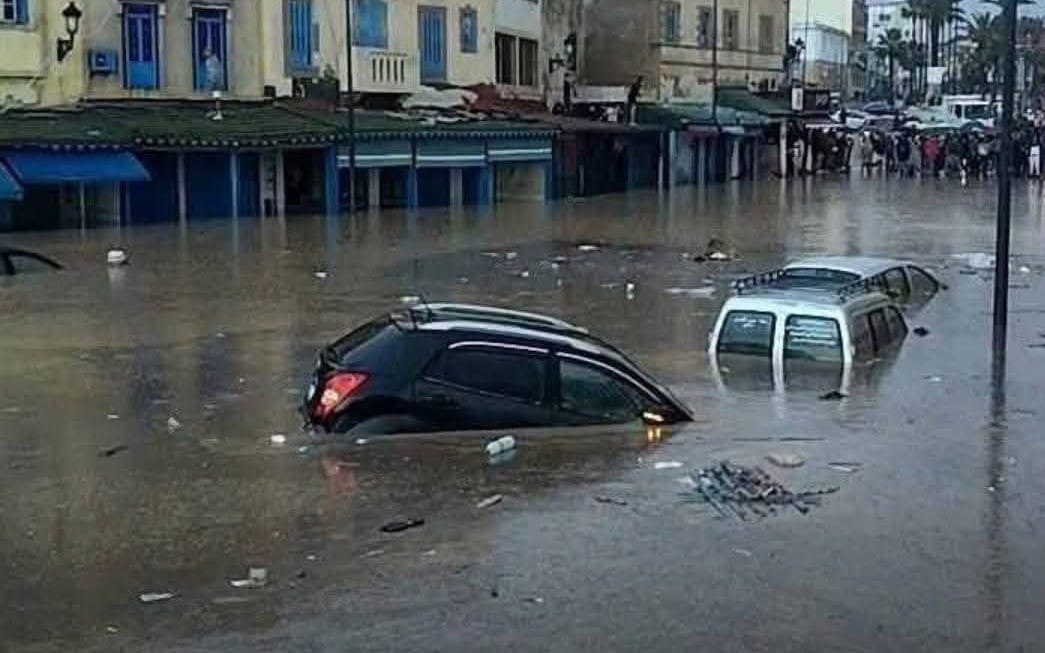Casablanca – In the first quarter of 2025, Morocco confirmed its status as a regional hub for the automotive industry, attracting significant foreign investment and reinforcing its position within the Middle East and North Africa (MENA) region. However, this momentum has been tempered by a notable decline in vehicle exports, exposing the sector to both promising opportunities and emerging challenges.
Morocco leads automotive investments in MENA
Between January and March 2025, the MENA region recorded 27 automotive investment projects, valued at a total of $2.6 billion. According to BMI, a research firm affiliated with Fitch Solutions, Morocco accounted for one-third of these initiatives, leading the region with nine projects. This performance places the Kingdom ahead of Egypt (six projects), Algeria (five), Saudi Arabia (two), and Iran (one).
The bulk of Morocco’s new investments is focused on the production of automotive components, a segment seen as critical to supporting both conventional and electric vehicle manufacturing. Notably, the country’s appeal lies in its developed local supply chain, cost-effective labor, and geographic proximity to Western European markets.
BMI highlights that Morocco’s competitiveness is underpinned by the presence of major global manufacturers such as Renault and Stellantis, as well as robust industrial infrastructure concentrated in regions like Tangier, Casablanca, and Kenitra. In 2024, Morocco already accounted for 28% of the region’s automotive investment projects, a figure that continues to rise.
European and Chinese investors drive expansion
The first quarter of 2025 saw a wave of new investments from both European and Chinese automotive firms. Among the European contributors, German company Fränkische Industrial Pipes announced a $11 million investment in a facility specializing in plastic systems for vehicles. Meanwhile, Leoni, also based in Germany, inaugurated a new plant for producing wiring systems for commercial vehicles.
Chinese suppliers have also expanded their presence. Hangzhou Redick Energy Saving Technology, Guangdong Haomei New Materials, and Lingyun Industrial revealed plans for projects involving the production of bearings, high-strength structural components, and battery housings for new energy vehicles. These initiatives are expected to further integrate Morocco into the global supply chains of electric vehicles.
BMI forecasts that ongoing investments in component production will continue, given the presence of complete vehicle assembly plants and the increasing interest of Chinese firms in using Morocco as a platform to access European markets.
Export challenges and production disruptions
Despite the positive investment trends, Morocco’s automotive export figures showed a downturn at the start of 2025. According to the Office des Changes, vehicle exports fell by 7.8% in Q1 compared to the same period in 2024, resulting in an estimated loss of more than $300 million.
Stellantis Morocco has been particularly affected, with export difficulties attributed to technical issues and production adjustments. These include vehicle recalls in Europe due to engine defects and planned maintenance on assembly lines. Industry Minister Ryad Mezzour confirmed these setbacks, noting they began in late 2024 and have weighed on performance in early 2025.
Renault Morocco, in contrast, reported a more stable performance. The company’s plants in Tangier and Casablanca produced around 132,000 vehicles between January and April, marking a modest 3.6% decline compared to the same period last year. The decrease has been described as temporary, with expectations of a recovery in export volumes over the next couple of months.
Strategic tensions around foreign investment
The sector has also faced geopolitical and commercial headwinds. One of the more significant developments involves Chinese aluminum wheel producer Citic Dicastal, which canceled a major investment project in Morocco, redirecting it to Portugal. Minister Mezzour attributed this decision to what he called a “transnational anti-dumping attack.” Nonetheless, Dicastal has affirmed its intention to establish a fourth plant in Morocco, signaling continued interest despite the setback.
Mezzour emphasized the importance of balancing the interests of Morocco’s European partners—who represent its primary export markets—and new Chinese entrants. As Morocco becomes an increasingly strategic location for electric vehicle supply chains, avoiding trade frictions with the European Union will be crucial.
Outlook: Opportunities coupled with caution
Looking ahead, Morocco’s automotive sector stands at a crossroads. On one hand, the country continues to attract high-value investments that enhance its industrial base and reinforce its global relevance in the transition to electric mobility. On the other, export volatility and geopolitical sensitivities require careful management.
With plans underway for further industrial expansion, including potential projects in emerging mobility technologies and sustainable transport, Morocco is likely to retain its leading position in the region. However, sustaining this growth will depend on resolving technical challenges, maintaining investor confidence, and navigating the evolving landscape of international trade.
